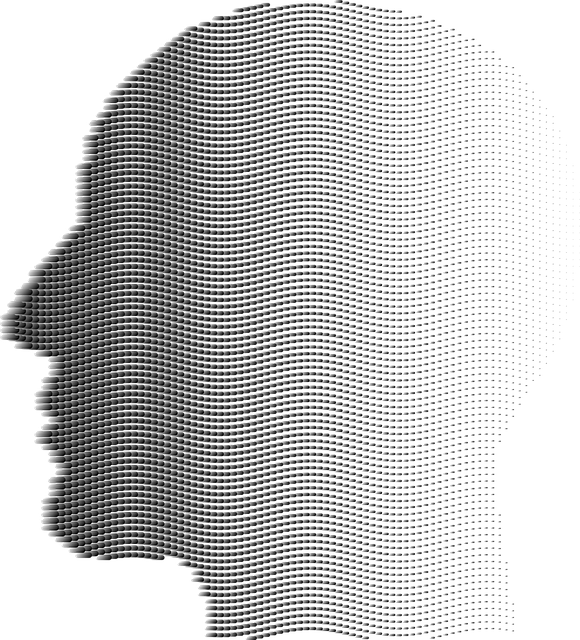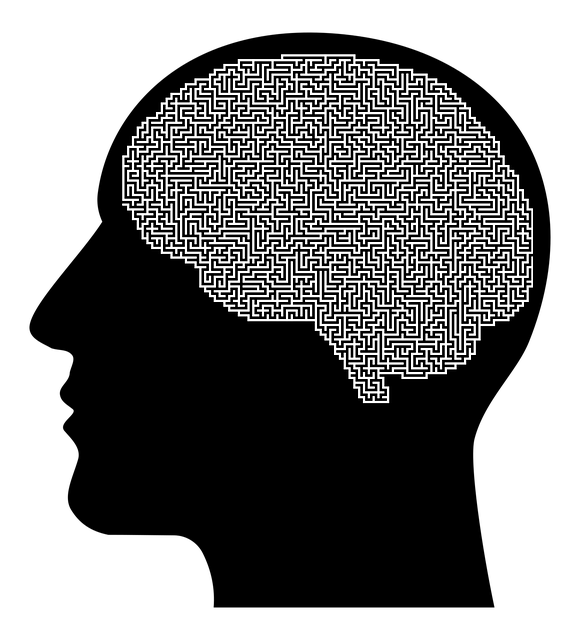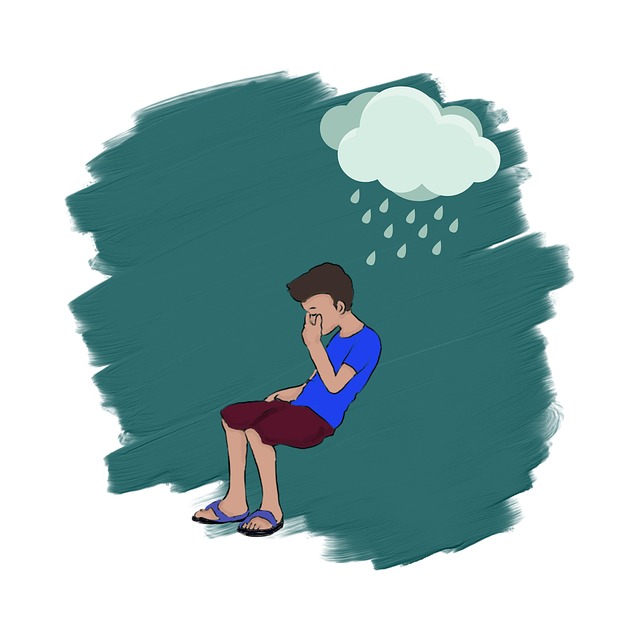Resilience is crucial for older adults facing later-life complexities, with the Resourceful Living Model (RFM) providing a powerful framework. RFM focuses on resources, strengths, and skills to help elders develop control, adapt to change, and address interpersonal issues, loneliness, and mental health challenges. Tailored resilience-building exercises using journaling and crisis intervention techniques enhance emotional intelligence and promote healthier relationships. Cognitive-behavioral therapy combined with mindfulness practices offers anxiety relief for seniors, fostering overall mental wellness through compassion cultivation and journaling. For effective therapy addressing unique interpersonal issues like isolation or loss in elders, these strategies empower them to maintain resilience and well-being.
Resilience is a powerful tool for older adults to navigate life’s challenges, especially interpersonal issues. This article explores the concept of RFM (Recollection, Feelings, and Meaning), a therapeutic approach that enhances emotional well-being. We delve into designing tailored resilience-building exercises and effective implementation strategies for therapy with elders. By understanding the impact of RFM on their mental health, we can empower seniors to confront interpersonal difficulties head-on, fostering stronger connections and improved quality of life.
- Understanding RFM and Its Impact on Elders' Well-being
- Designing Resilience-Building Exercises for Interpersonal Challenges
- Implementation Strategies for Effective Therapy in Later Years
Understanding RFM and Its Impact on Elders' Well-being

Resilience is a critical aspect of well-being, especially for elders navigating the complexities of later life. This is where RFM (Resourceful Living Model) comes into play as a powerful framework. The model focuses on enhancing individuals’ ability to cope with challenges and adapt to change, which is particularly relevant for older adults dealing with potential interpersonal issues and loneliness. By understanding their resources, strengths, and skills, elders can develop a sense of control and resilience that fosters a better quality of life.
The RFM approach encourages the development of confidence-boosting strategies and empathy-building techniques, allowing individuals to engage more effectively with their communities. Moreover, it promotes self-care routine development as a vital tool for maintaining mental health in older adults. Through these practices, elders can enhance their overall resilience, ensuring they remain empowered and connected, even in the face of life’s challenges.
Designing Resilience-Building Exercises for Interpersonal Challenges

Resilience-building exercises tailored for interpersonal challenges play a pivotal role in therapy for elders facing mental health issues. These activities are designed to help individuals navigate and overcome social difficulties, fostering better emotional intelligence and mental wellness. One effective approach is through journaling exercises that encourage reflection on past interactions and identify patterns of behavior. This mental wellness journaling exercise guidance allows participants to process their experiences and gain insights into triggers for interpersonal conflicts.
Additionally, crisis intervention techniques can be integrated into these exercises, equipping elders with tools to manage intense emotions during challenging conversations. By promoting self-awareness and effective communication strategies, these activities empower individuals to build healthier relationships and improve overall emotional resilience.
Implementation Strategies for Effective Therapy in Later Years

Implementing effective therapy strategies for older adults involves a nuanced approach that caters to their unique needs and challenges. As elders may face various interpersonal issues such as feelings of isolation, loss of loved ones, or difficulties in adapting to changing circumstances, tailored therapeutic interventions are crucial. One powerful tool is the use of cognitive-behavioural techniques combined with mindfulness practices. These evidence-based methods have shown promise in addressing anxiety relief, a common concern among this demographic.
Therapy sessions can incorporate compassion cultivation practices, where individuals learn to cultivate self-compassion and empathy towards themselves and others. Mental wellness journaling exercises can also be guided to help seniors process their experiences, emotions, and thoughts on their terms. By integrating these strategies, therapists enable elders to enhance their resilience, navigate interpersonal challenges with greater ease, and ultimately, promote overall mental wellness.
Resilience is a powerful tool for enhancing the well-being of older adults, especially when navigating interpersonal challenges. By understanding RFM (a key indicator of an individual’s ability to adapt) and its impact on this demographic, therapists can design targeted resilience-building exercises that significantly improve their clients’ quality of life. These strategies, as highlighted in this article, offer a promising approach to therapy for elders facing interpersonal issues, fostering a sense of empowerment and adaptability in their later years.













